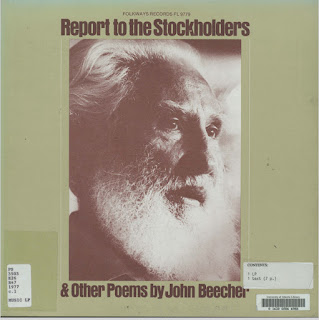How many poems did Sylvia Plath enclose in her letters to her mother Aurelia and which poems were they? I can name 36. Please send any corrections! Sylvia asked Aurelia for feedback on some of them.
1943: 20 March, "Plant a little seedling"; "I have a little fairy,""You have to have my fairy ears"; "I found a little fairy"
1945: 7 July, "At night I watch the stars above"; 9 July, "Camp Helen Storrow"
1946: 16 July, "The Lake"; 19 July, "Mornings of Mist"
1947: 8 September, "Missing Mother"
1950: 5 October, "Gold leaves shiver"
1951: 8 October, "gold mouths cry"; 3 November, "Sonnet" ("see what you can derive from this chaos")
1953: Before 1 March, villanelles including "Mad Girl's Love Song"; 11 April, opening stanza of "Dialogue en Route"; 22 April, "Parallax," "Admonition" and "Verbal Calisthenics" ("Tell me what you think"); 30 April-1 May, "Oh bother!" Before April 25, "To Eva Descending the Stair" ("the one you like so much")
1954: 16 April, "Doom of Exiles," "The Dead" ("tell me what you think of them")
1955: 2 February, "Apparel for April," "Temper of Time," "Winter Words" ("Read aloud for word tones, for full effect.")
1956: 9 March, "Pursuit," "Channel Crossing" ("eager to hear what you think of these"); 19 April, "Metamorphosis"; 21 April, "Ode for Ted," "Song"; 20 April, "Strumpet Song," "Complaint of the Crazed Queen," "Firesong"; 2 October, "Epitaph for Fire and Flower"
1957: 8 February, "The Lady and the Earthenware Head"; 23 April, "Happy Birthday to You"
1958: 22 March, "Battle Scene From the Comic Operatic Fantasy The Seafarer," and "Departure of the Ghost"
Below, the poems we know Aurelia liked, because Sylvia wrote:
"Glad you liked the New Yorker poem" (22 June 1960) ("Watercolor of Grantchester Meadows")
"So glad you liked the poems in Poetry." (16 April 1962) ("Face Lift," "Widow," "Heavy Women," "Love Letter," and "Stars over the Dordogne," April 1962 issue)
Without specifying which poems she was referring to, Sylvia wrote:
"It's too bad my poems frighten you" (25 October 1962)
Poems that Aurelia had copies of and in the margins indicated that she did not like:
"Snowman on the Moor" (published in Poetry, July 1957)
"Zeitgeist at the Zoo" (c. 1956; unpublished. Aurelia wrote: "Awful!")
 |

